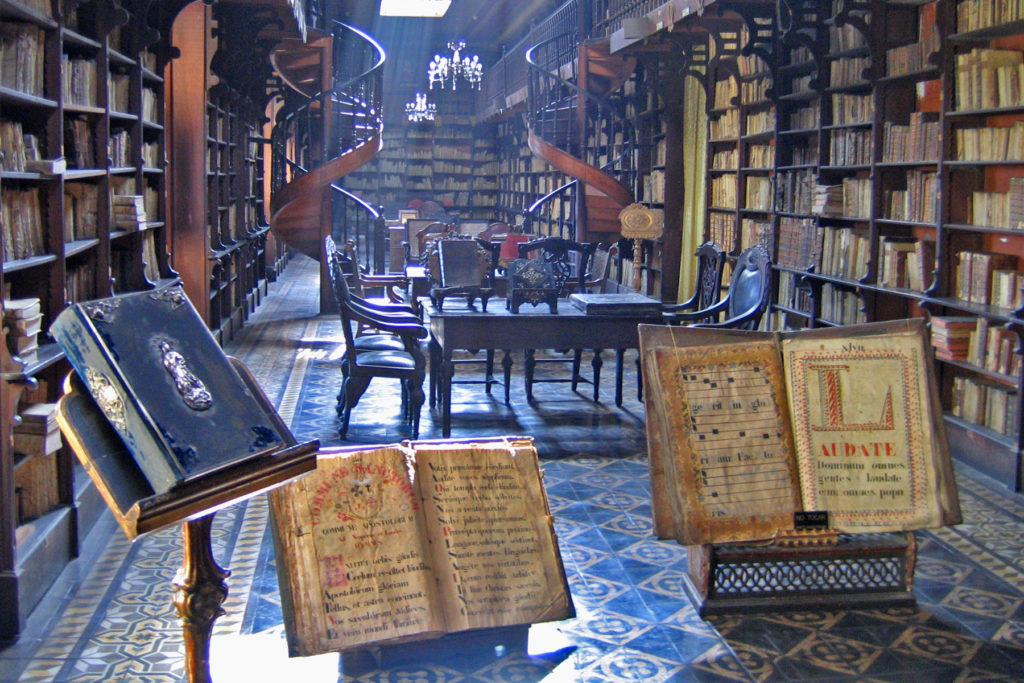Karen Swallow Prior (Author and professor of English at Liberty University) has written an excellent book entitled On Reading Well: Finding the Good Life through Great Books (Brazos Press – 2018).
Here are a few quotes I pulled out as I read her book this Fall. May they motivate and encourage you to slow down and pick up a good book this Christmas… and savor it.
“Literature helps to humanize us. It expands our range of experiences. It fosters awareness of ourselves and the world. It enlarges our compassion for people. It awakens our imaginations. It expresses our feelings and insights about God, nature, and life. It enlivens our sense of beauty.” (Leland Ryken)
“Reading virtuously means, first, reading closely, being faithful to both text and context, interpreting accurately and insightfully.”
“Indeed, there is something in the very form of reading – the shape of the action itself – that tends toward virtue. The attentiveness necessary for deep reading (the kind of reading we practice in reading literary works as opposed to skimming news stories or reading instructions) requires patience.”
“Nicholas Carr explains in The Shallows: What the Internet is Doing to Our Brains that ‘the linear mind is being pushed aside by a new kind of mind that wants and needs to take in and dole out information in short, disjointed, often overlapping bursts – the faster, the better.’”
“Whether you feel you have lost your ability to read well, or you never acquired that ability at all, be encouraged. The skills required to read well are no great mystery. Reading well is, well, simple (if not easy). It just takes time and attention.”
“Therefore, even as you seek books that you will enjoy reading, demand ones that make demands on you: books with sentences so exquisitely crafted that they must be reread, familiar words used in fresh ways, new words so evocative that you are compelled to look them up, and images and ideas so arresting that they return to you unbidden for days to come.”
“Also, read slowly. Just as a fine meal should be savored, so, too, good books are to be luxuriated in, not rushed through. Certainly, some reading material merits a quick read, but habitual skimming is for the mind what a steady diet of fast food is for the body.
Speed-reading is not only inferior to deep reading but may bring more harm than benefits: one critic cautions that reading fast is simply a ‘way of fooling yourself into thinking you’re learning something.’
When you read quickly, you aren’t thinking critically or making connections. Worse yet, ‘speed-reading gives you two things that should never mix: superficial knowledge and overconfidence.’”
“Don’t be discouraged if you read slowly. Thoughtfully engaging with a text takes time. The slowest readers are often the best readers, the ones who get the most meaning out of a work and are affected most deeply by literature.”
“Read with a pen, pencil, or highlighter in hand, marking in the book or taking notes on paper. The idea that books should not be written in is an unfortunate holdover from grade school, a canard rooted in a misunderstanding of what makes a book valuable.
The true worth of books is in their words and ideas, not their pristine pages. One friend wisely observed that ‘readers are not made for books – books are made for readers.’”
“Reading well adds to our life – not in the way a tool from the hardware store adds to our life, for a tool does us no good once lost or broken, but in the way a friendship adds to our life, altering us forever.”
“Some books are to be tasted, others to be swallowed and some few to be chewed and digested; that is, some books are to be read only in parts; others to be read, but not curiously; and some few to be read wholly, and with diligence and attention.” (Francis Bacon)
“Seventeenth-century Puritan pastor Richard Baxter writes, ‘It is not the reading of many books which is necessary to make a man wise or good; but the well reading of a few, could he be sure to have the best… Good books are a very great mercy to the world.’”
The greatest benefit will always come from reading and engaging Scripture… in the midst of reading other good books, make time for the Good Book.
“Who is wise and understanding among you?
Let them show it by their good life,
by deeds done in the humility that comes from wisdom.”
(James 3:13)

Leave a Reply